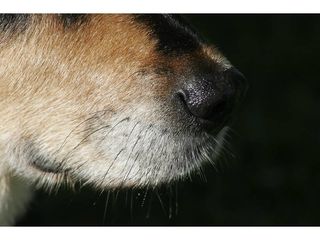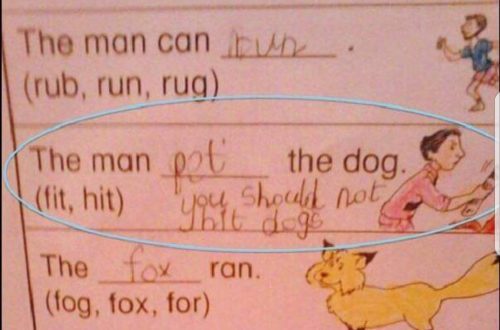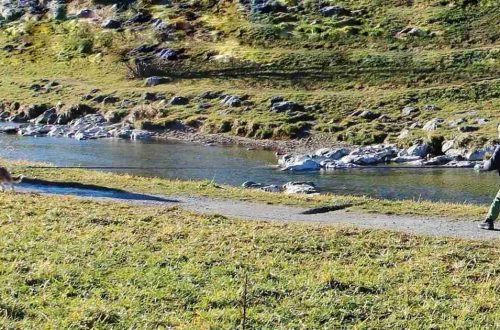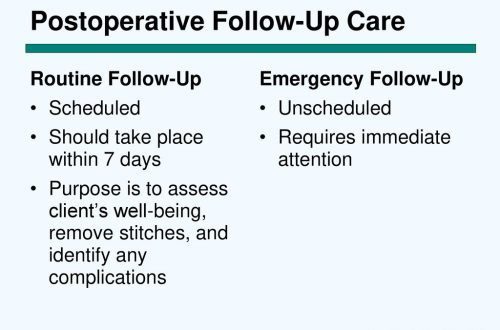
Why do dogs need whiskers and what else you need to know about dog vibrissae
Like cats, dogs are naturally endowed with special hairs on the muzzle – vibrissae. And if everything is more or less clear with their functions in cats, then why does a dog need a mustache?
Contents
Functions of the mustache in dogs
Vibrissae in dogs act as another sense organ and allow pets to receive more information about the world around them. The whisker follicles are connected to nerve endings that send signals directly to the animal’s brain.
Vibrissa has several functions:
- give the dog an idea of the distance even in the dark, thanks to the capture of air currents;
- help the animal understand how wide this or that space is and whether the dog can pass;
- vibrissae located above the eyes protect the eyes from dirt and dust;
- read wind speed and air temperature.
The most sensitive vibrissae are located on the muzzle, although in some breeds they grow all over the body.
Is it possible to cut vibrissa
The question of whether it is possible to cut the mustache of dogs is especially relevant among dog breeders on the eve of exhibitions. And although a haircut is provided in many salons and is even included in the list of requirements at some exhibitions, cutting a mustache is still undesirable.
Without vibrissae, the dog is partially disoriented, may become irritable and even aggressive. The removal of whiskers has a particularly negative effect on older animals. In no case should puppies under two months of age be trimmed, as this may impair their development.
Causes of mustache loss in dogs
Vibrissae, like other hairs, have their own lifespan, though longer – 1-2 years, after which they fall out. Such a loss is absolutely natural, and the answer to the question of whether mustaches grow in dogs is definitely yes.
If the vibrissae suddenly turned white or all fell out and do not grow back for a long time, this is a reason to consult a veterinarian. There can be several reasons for mustache loss, as well as for hair loss:
- dehydration of the body;
- too dry indoor air;
- hormonal changes during pregnancy, lactation or estrus;
- various diseases.
If your pet’s mustache is falling out more often than usual, you should contact your veterinarian to find out the cause.
See also:
- Tips for grooming your dog
- Healthy skin and coat
- How to choose the right groomer for your dog
- How to help your dog get older





